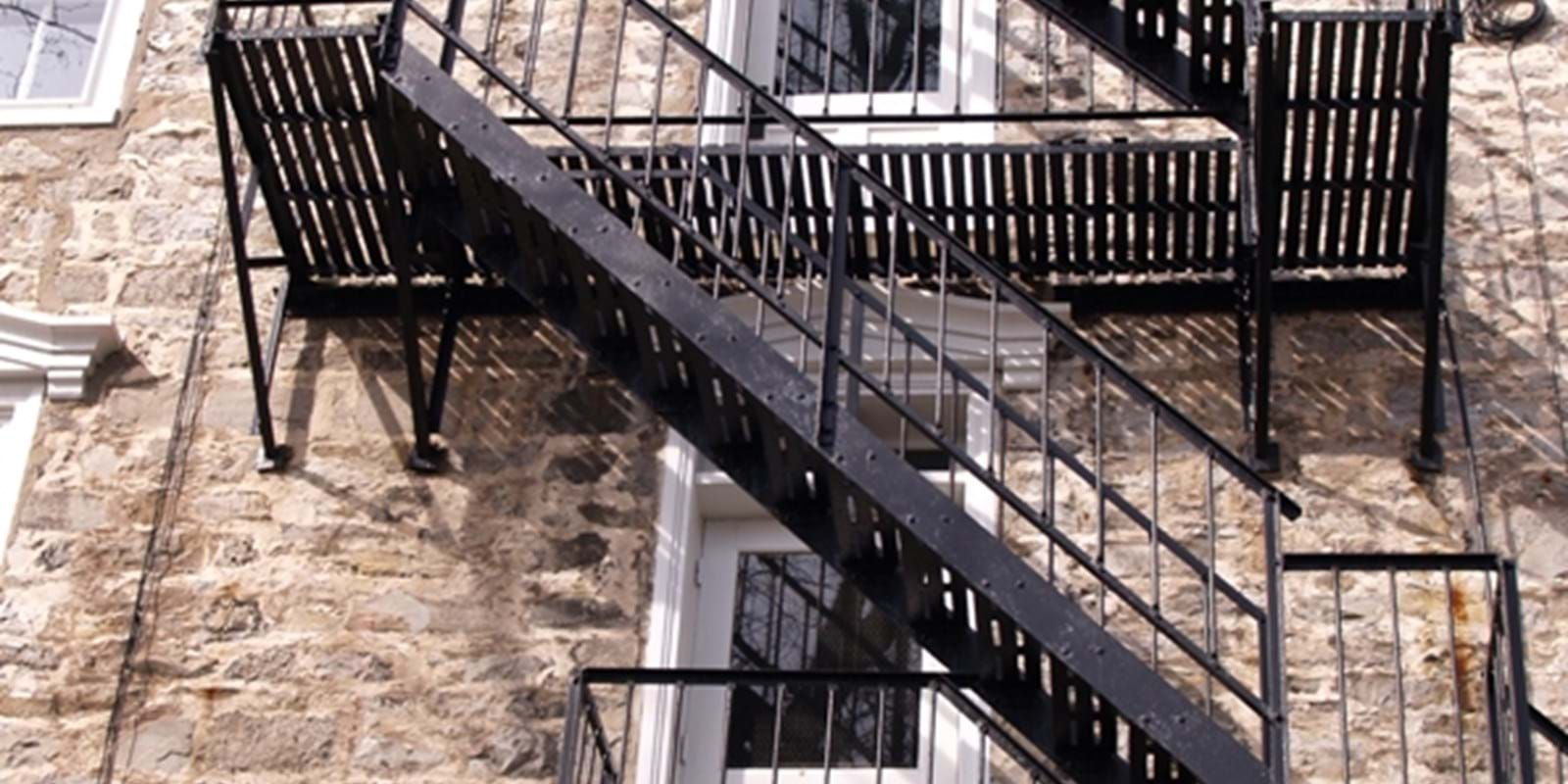Following back-to-back deteriorations, Quebec’s housing affordability improved across all housing types in the third quarter, according to the latest Housing Trends and Affordability Report released today by RBC Economics.
“With the possible exception of two-storey homes, affordability measures remain well within historical norms in Quebec,” said Robert Hogue, senior economist, RBC. “Still, this mostly ‘neutral’ affordability picture has had only a muted effect on housing demand in the third quarter. Home resales barely rose, which is likely attributable to a sluggish provincial job market that has persisted since early summer.”
RBC’s housing affordability measures for Quebec decreased across all housing types in the third quarter of this year. RBC’s measures capture the province’s proportion of pre-tax household income needed to service the costs of owning a home at market values (a decline represents a move towards greater affordability). The measure for the standard two-storey home edged 0.6 percentage points lower from the previous quarter to 43.1 per cent. The measure for the benchmark detached bungalow fell by 1.4 percentage points to 33.5 per cent and the standard condominium inched lower by a mere 0.1 percentage points to 27.7 per cent.
“For its part, the Montreal-area market saw some of the bigger improvements in affordability of all major Canadian cities in the third quarter and remained significantly more affordable than Toronto and Vancouver,” added Hogue. “Nonetheless, affordability levels in Montreal continue to be somewhat worse than historical norms in the area – this will likely exert some downward pressure on local housing demand.”
RBC’s affordability measures decreased in the Montreal area for two-storey homes (down 2.3 percentage points to 52.2 per cent) and detached bungalows (down 1.3 percentage points to 40.9 per cent), but increased marginally for condominiums (up 0.1 percentage points to 32.6 per cent).
RBC’s housing affordability measure for the benchmark detached bungalow in Canada’s largest cities is as follows: Vancouver 90.6 per cent (down 1.5 percentage points from the previous quarter), Toronto 52.1 per cent (up 0.1 percentage points), Montreal 40.9 per cent (down 1.3 percentage points), Ottawa 40.8 per cent (down 0.6 percentage points), Calgary 37.6 per cent (up 0.5 percentage points) and Edmonton 33.2 per cent (down 0.6 percentage points).
The RBC Housing Affordability Measure, which has been compiled since 1985, is based on the costs of owning a detached bungalow, a reasonable property benchmark for the housing market in Canada. Alternative housing types are also presented, including a standard two-storey home and a standard condominium. The higher the reading, the more costly it is to afford a home based on going market values. For example, an affordability reading of 50 per cent means that homeownership costs, including mortgage payments, utilities and property taxes, take up 50 per cent of a typical household’s monthly pre-tax income.
“With the possible exception of two-storey homes, affordability measures remain well within historical norms in Quebec,” said Robert Hogue, senior economist, RBC. “Still, this mostly ‘neutral’ affordability picture has had only a muted effect on housing demand in the third quarter. Home resales barely rose, which is likely attributable to a sluggish provincial job market that has persisted since early summer.”
RBC’s housing affordability measures for Quebec decreased across all housing types in the third quarter of this year. RBC’s measures capture the province’s proportion of pre-tax household income needed to service the costs of owning a home at market values (a decline represents a move towards greater affordability). The measure for the standard two-storey home edged 0.6 percentage points lower from the previous quarter to 43.1 per cent. The measure for the benchmark detached bungalow fell by 1.4 percentage points to 33.5 per cent and the standard condominium inched lower by a mere 0.1 percentage points to 27.7 per cent.
“For its part, the Montreal-area market saw some of the bigger improvements in affordability of all major Canadian cities in the third quarter and remained significantly more affordable than Toronto and Vancouver,” added Hogue. “Nonetheless, affordability levels in Montreal continue to be somewhat worse than historical norms in the area – this will likely exert some downward pressure on local housing demand.”
RBC’s affordability measures decreased in the Montreal area for two-storey homes (down 2.3 percentage points to 52.2 per cent) and detached bungalows (down 1.3 percentage points to 40.9 per cent), but increased marginally for condominiums (up 0.1 percentage points to 32.6 per cent).
RBC’s housing affordability measure for the benchmark detached bungalow in Canada’s largest cities is as follows: Vancouver 90.6 per cent (down 1.5 percentage points from the previous quarter), Toronto 52.1 per cent (up 0.1 percentage points), Montreal 40.9 per cent (down 1.3 percentage points), Ottawa 40.8 per cent (down 0.6 percentage points), Calgary 37.6 per cent (up 0.5 percentage points) and Edmonton 33.2 per cent (down 0.6 percentage points).
The RBC Housing Affordability Measure, which has been compiled since 1985, is based on the costs of owning a detached bungalow, a reasonable property benchmark for the housing market in Canada. Alternative housing types are also presented, including a standard two-storey home and a standard condominium. The higher the reading, the more costly it is to afford a home based on going market values. For example, an affordability reading of 50 per cent means that homeownership costs, including mortgage payments, utilities and property taxes, take up 50 per cent of a typical household’s monthly pre-tax income.

